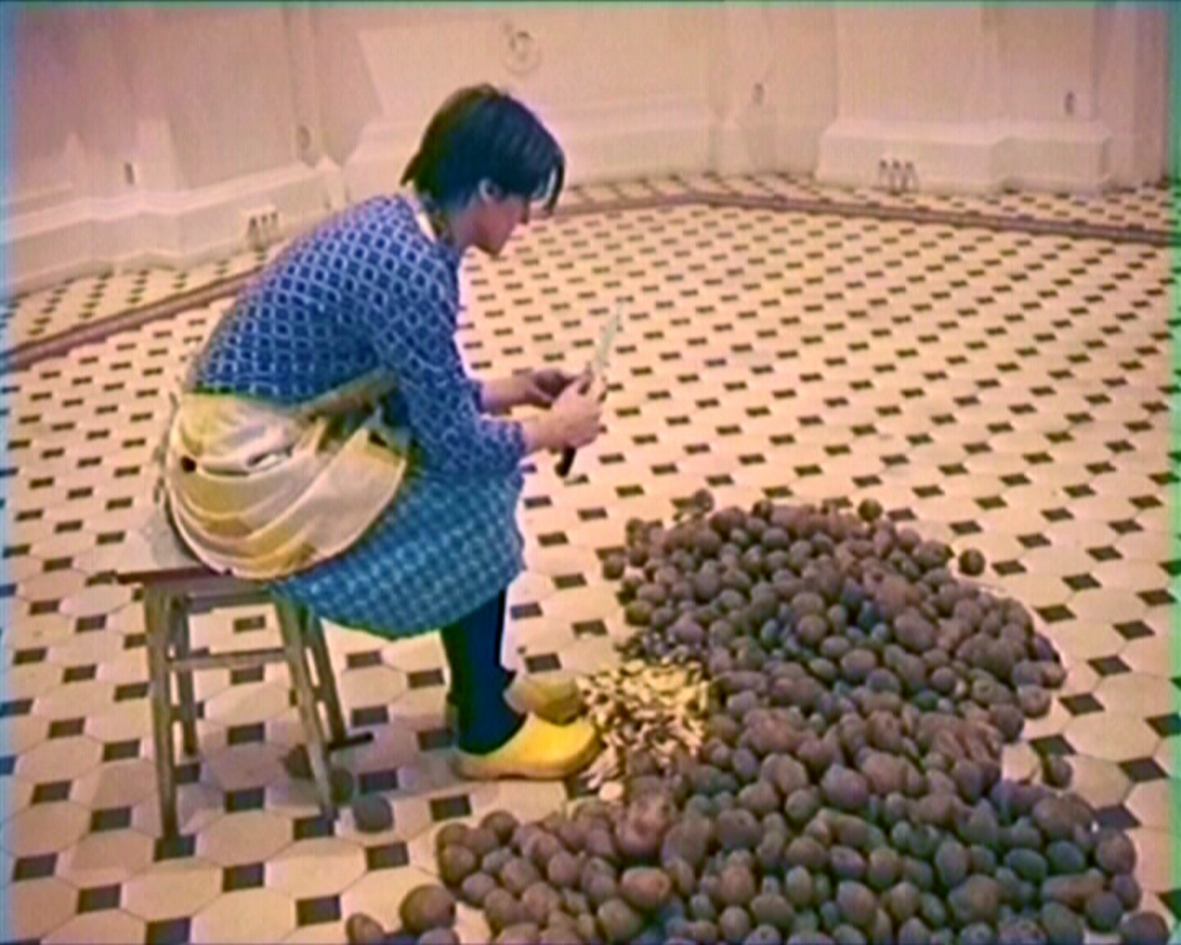Barbie is not Born, but Rather Becomes, Barbie
DOI:
https://doi.org/10.58519/vaknze21Keywords:
existentialism, feminism, film, freedom, choice, ideal, childhood, adulthoodAbstract
I begin this paper by identifying several criticisms of the film Barbie (2023), several of which have been proposed as reasons to deny its feminist content. I then circle back to what I consider the film's most coherent theme, which exemplifies Simone de Beauvoir's best-known quote, `One is not born, but rather becomes, woman.' This claim emphasises that what it is to be a woman is not biological, but social. That is, who we become is influenced by external factors such as family upbringing, available role models, class expectations, and our freedom to navigate our choices. A post-script relates the theme of this film to the current political situation in the U.S., after the re-election of Donald Trump.
Downloads
References
Furnham, Adrian. 2014. The New Psychology of Money. London and New York: Routledge.
Herz, Rachel. 2012. That’s Disgusting: Unraveling the Mysteries of Repulsion. W. W. Norton / Company, Inc.
Legardye, Quinci. 2023. The Ending of Barbie Explained. Accessed: 24th December 2024. https://www.harpersbazaar.com/culture/film-tv/a44617536/barbie-ending-explained/.
Lisitza, Alexa. 2023. ‘She’s Everything. . . ’: Here’s List Of Every Single Job Barbie Has Ever Had. Accessed 10th October 2023. https://www.buzzfeed.com/alexalisitza/list-every-job-barbie-had.
Santolaria, Nicolas. 2023. Dans ‘Barbie’, Ken ou le triomphe (en sous-main) de la figure masculine. Accessed: 24th December 2024. https://www.lemonde.fr/article-offert/dtvaatrmfunv-6188351/dans-barbie-ken-ou-le-triomphe-en-sous-main-de-la-figure-masculine.
Sartre, Jean-Paul. 1947. Existentialism. Translated by Bernard Frechtman. New York: Philosophical Library.
Spaid, Sue. 2021. “Value Disgust: Appreciating Stench’s Role in Attention, Deception and Retention.” Rivista di Estetica 78:74–94.
---. 2023. “Your Tongue Here (or Not): On Imagining Whether to Take a Bite (or Not).” Nordic Journal of Aesthetics 65:104–111.
Woolf, Virginia. (1929) 1998. “A Room of One’s Own.” In A Room of One’s Own, and Three Guineas, edited, with an introduction, by Morag Shiach. Oxford: Oxford University Press.
Downloads
Published
Issue
Section
License
Copyright (c) 2024 Sue Spaid

This work is licensed under a Creative Commons Attribution 4.0 International License.
Authors who publish with this journal agree to the following terms:
Authors retain copyright and grant the journal right of first publication with the work simultaneously licensed under a Creative Commons Attribution License that allows others to share the work with an acknowledgement of the work's authorship and initial publication in this journal. Note: up to volume 4 issue 1, an incorrect copyright line appears in the PDFs of the articles.
Authors are able to enter into separate, additional contractual arrangements for the non-exclusive distribution of the journal's published version of the work (e.g., post it to an institutional repository or publish it in a book), with an acknowledgement of its initial publication in this journal.
Authors are permitted and encouraged to post their work online (e.g., in institutional repositories or on their website) prior to and during the submission process, as it can lead to productive exchanges, as well as earlier and greater citation of published work (See The Effect of Open Access).






